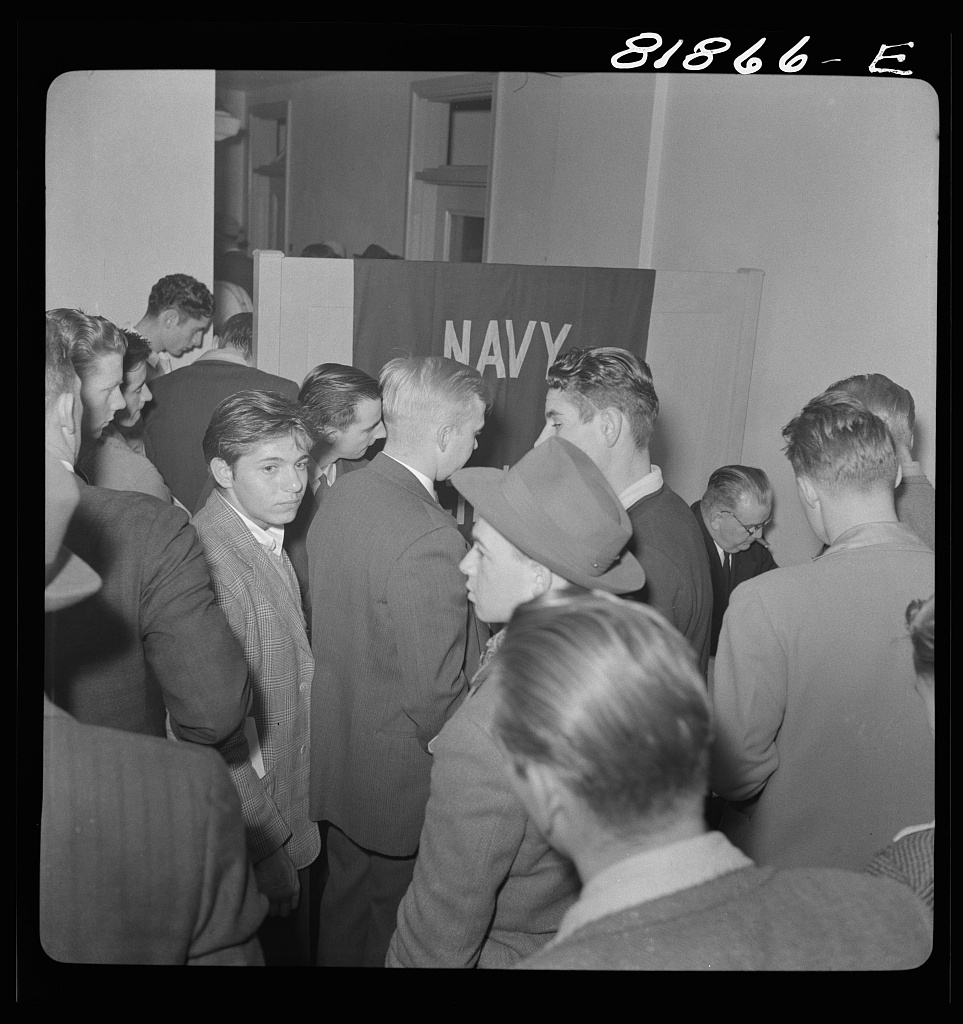Maj. Gen. Freyberg during the invasion of Crete. Freyberg was an eclectic New Zealander who was a dentist by training and reputedly had been serving as a Captain in Pancho Villa's forces in 1914 when the Great War broke out, after which he resigned as that position and traveled to England to join the British forces, earning traveling money on the way by winning a swimming match in Los Angeles and a boxing match in New York. He won the Victoria Cross during World War One and even lead a late war cavalry charge. A celebrated figure in New Zealand, he became its first New Zealand born Governor General after the war, but frankly his World War Two generalship was spotty and he is one of the collection of British Empire generals that have lead historians of other nations to conclude that the British, in World War Two, had to get by with lessers in senior command as that's all they had left.
And they did it by air.
It was a bold move, and a costly one, but perhaps an example of necessity being the mother of invention, as Germany lacked a significant marine troop landing capacity and Hitler had forbade the use of troops that might delay the invasion of the Soviet Union. So, the use of the Luftwaffe's paratroopers was made.
The operation was, statistically, an oversized German success with the Allies taking far more causalities in every sense than the Germans and the Germans taking Crete. The battle was, moreover, a British failure as much as it was a German success as the British had left airfields undefended. They had additionally withdrawn the RAF in advance in anticipation of the German assault. The Germans made use of the airfield for troop insertion and landed not only airborne troops, but mountain troops as well. The Italians ultimately landed some troops from the sea. It's been widely pondered, and concluded, that the British could have won the battle if they'd fought it more wisely, a conclusion that the British military recognized itself at the time. All in all, in terms of a realistic assessment, it was a stunning German airborne success and a stunning British military failure.
Be that as it may, British resistance was so marked that the Germans concluded that future largescale airborne operations were impossible. They were not prepared for the paratrooper casualties they did take and, moreover, they were not prepared for the rate of loss of air crews. Their post battle conclusions are baffling in retrospect, and they must have simply been expecting the operation to be a cakewalk, perhaps over impressed with all of their prior military success.
Ironically, the Allies concluded, correctly, the very opposite from the same battle. The invasion marked the end of the really largescale use of German airborne. It also marked the real emphasis in the Allies on airborne troops for the same purpose. In a very real sense, the massive Allied airborne operations of 1944 owe their origin to this battle.
Also of note, Cretan civilian participation in the battle was marked, with many civilians participating in combat on their own initiative with whatever they had at hand. This shocked the Germans and resulted in reprisals.
Civil Defense Logo.
With German paratroopers descending on Crete, perhaps it was a good day for the Executive Order being issued that created the Office of Civilian Defense. That office was created on this day in 1941.
On this day, the interior of Ebbets Field was photographed.


.png)





.jpeg)







































































